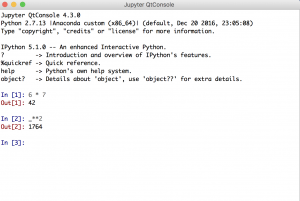So much for a first attempt at a fairy tale. Here’s a first cut at a debrief. As one of my loyal readers was quick to point out, I left several mysteries unexplained. I never explained the significance of the flowers or the bag. I never explained the growling creature with glowing eyes. There was no payoff, no pun, no moral, no explanations.
What do I, as a writer take away from this exercise? One tip that I’ve been given on several occasions that was driven home in this case was that you should write your story backwards. That is to say, you should figure out how it ends and then write the beginning to support the conclusion. That helps to avoid all the loose ends.
I think the story has potential if I rewrote it with that in mind. Another lesson learned: it’s very difficult to write a story from start to finish in five hundred word increments with a daily deadline. I may get the hang of serial fiction on a deadline eventually but I don’t intend to try it again until I get some less ambitious projects under my belt.
The reason I have tried it so many times is that I have a schedule crunch. There are only so many hours in a day and I still work a full time day job. Writing takes time. Time is a precious commodity. I am going to keep trying different ideas to find time to write. Eventually, I will retire and have more time to spend writing. I am hoping to get in enough practice between now and then that I can actually find a market for my writing.
Whether I sell my work or just continue to develop my skills as a story teller, it is a win – win situation. Developing new skills has been demonstrated to help keep the brain young. Besides that benefit, writing is one of only a few ways that I have ever managed to sustain flow. Flow is addictive.
If you don’t know what flow is you can read my post, Let it Flow, from last week or the Wikipedia post about it. You can also watch Mihály Csíkszentmihályi‘s TED talk on the topic. I also wrote a post about How I Find Flow.
I hope you experience flow. I hope you find your bliss. Remember, happiness is a choice, not a consequence of wealth or possessions. Life is a journey not a destination. Pay attention to the scenery along the way.
Sweet dreams, don’t forget to tell the ones you love that you love them, and most important of all, be kind.

